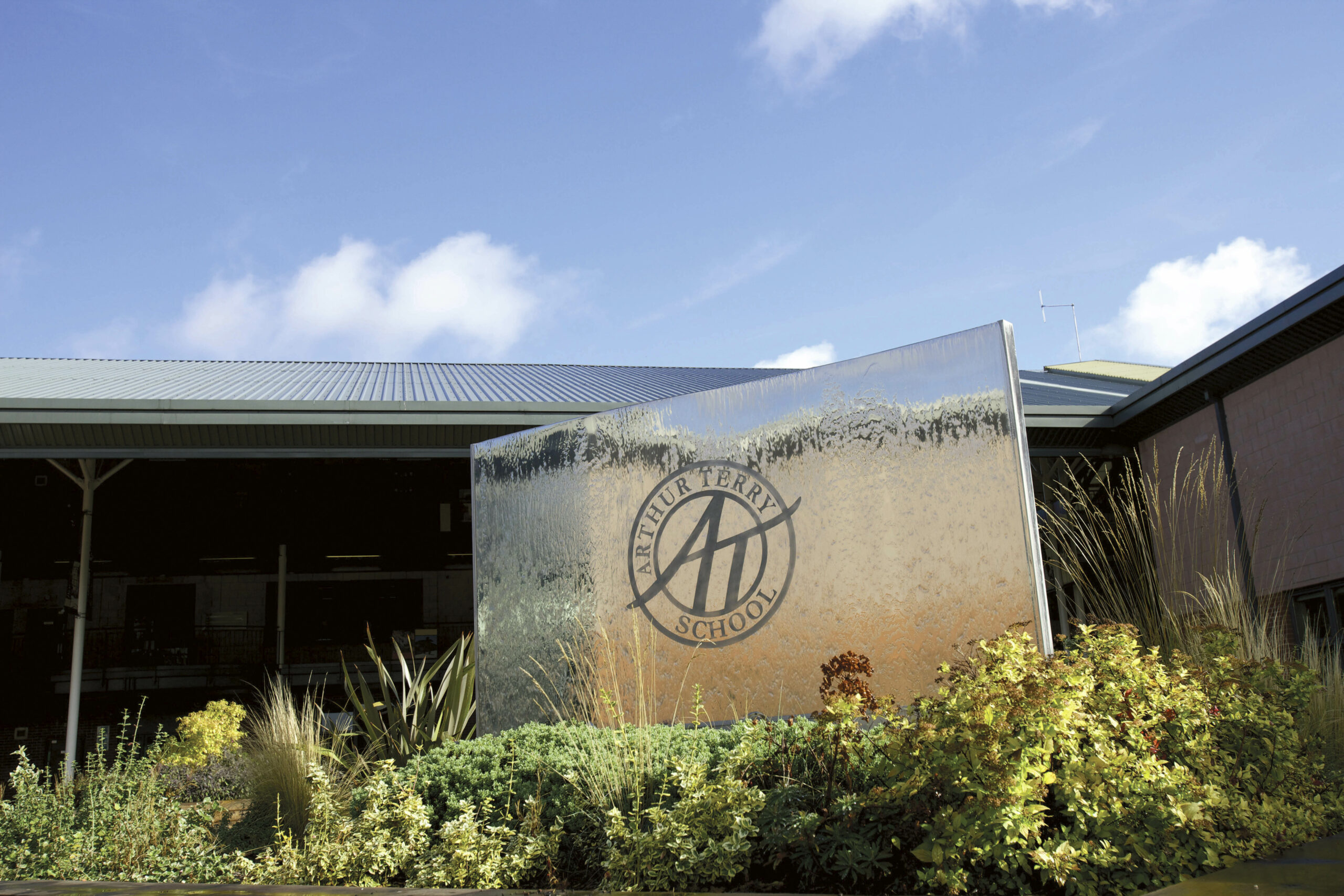A-Level English Literature

Course Summary
English Literature comprises of Drama, Poetry and the Novel – and also a good helping of Shakespeare. We study any literature for pleasure, but also to widen our emotional sympathies by entering into the lives of other people. As we read we are forced to take sides and pass moral judgement, as supposedly real characters grapple with the most important issues of life. Moreover, the chief new requirement of English Literature is that we study ‘Literature in History’, working from the belief that “no text exists in isolation but is the product of the time in which it was produced”. A level Literature requires us to see how writers are using their work to bring out the crucial issues of their own day and their own lives e.g. the role of women, love and marriage, the plight of the poor, death, slavery and so on. This is literature in History, or, as the specification states, ‘A historicist approach’.
Course Introduction
Course Outline
Exam Board: AQA
Component 1: Love through the ages (40% of A-level: 3 hour written examination)
Students will study the theme of love through three texts: one poetry and one prose text, of which one must be written pre-1900, and one Shakespeare play. They will also respond to two unseen poems in the examination through a range of passage based and essay style questions. Aspects of Love through the Ages may include: love and loss, romantic love, social conventions and taboos.
Component 2: Texts in shared contexts (40% of A-level: 2 hour 30 minute written examination)
This paper allows students to explore aspects of literature connected through a period of time from one of the following options:
- Option 2A: WW1 and its Aftermath
- Option 2B: Modern Times: Literature from 1945 to the Present Day
The examination requires students to answer an essay style question on an unseen passage and complete a comparative task.
Component 3: Independent Critical Study –Texts across time (20% of A-level: Comparative critical study, internally assessed)
Students will complete a comparative critical study of two texts, at least one of which must have been written pre-1900, including academic referencing and a bibliography.
Subject Entry Requirements
In addition to the general Sixth Form Entry requirements students will need the following:
GCSE English Literature or Language: Grade 6 or above
GCSE Mathematics: Grade 4 or above
